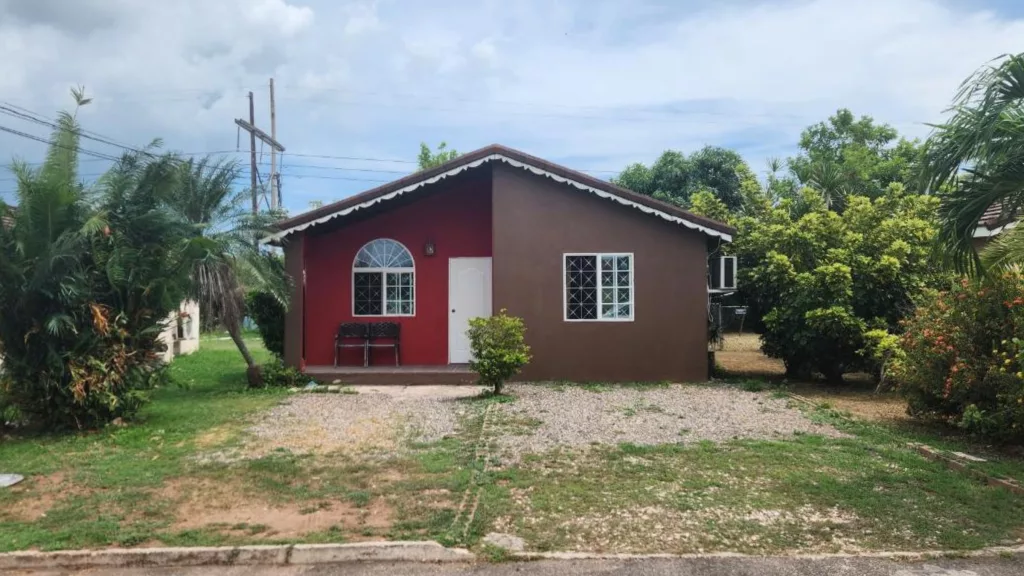Are you considering buying a house in Jamaica? The process of buying a house in Jamaica can be both exciting and daunting, but with careful planning and understanding of the local real estate landscape, you can make informed decisions to secure your dream home. In this guide, we’ll walk you through the essential steps, emphasizing the role of the National Housing Trust (NHT) and the significance of being pre-qualified.
1. Understanding NHT and Pre-qualification
One of the key players in Jamaica’s real estate scene is the National Housing Trust (NHT). The NHT provides financial assistance to qualified contributors to purchase, build, or repair homes. To streamline the process, it’s crucial to get pre-qualified through the NHT. They typically offer mortgage options with a reasonable 5% deposit requirement, making homeownership more accessible.
2. Deposit Requirements: NHT vs. Other Financial Institutions
While the NHT requires a 5% deposit, it’s essential to note that other financial institutions might have different requirements. Many institutions demand a 10% deposit to secure a mortgage. Be sure to explore various options and choose the one that aligns with your financial capabilities and goals.
Proof of Funds: The Eligibility Letter and Bank Statement
Before submitting an offer to purchase, you’ll need to provide proof of funds. This typically includes an eligibility letter from the NHT or other financial institutions, along with a bank statement showing the deposit amount. This step is crucial for demonstrating your financial readiness and expediting the buying process.
4. The Role of a Licensed Real Estate Agent
Navigating the Jamaican real estate market can be complex, and having a licensed real estate agent by your side is invaluable. Opt for a local agent with in-depth knowledge of the market trends, neighborhoods, and legal processes. Their expertise will help you find the right property and guide you through the intricate steps of the purchasing journey.
5. Closing Costs: Budgeting Beyond the Purchase Price
When budgeting for your new home, it’s essential to consider closing costs, which can amount to an additional 10% of the property’s value. Some of the costs include attorney’s fees, valuator’s fees, and surveyor’s fees. Having at least 20% of the property’s value saved in cash will provide a comfortable buffer to cover these expenses without causing financial strain.
6. Breaking Down Closing Costs
– Attorney’s Fee: Legal representation is crucial during property transactions. Attorney fees cover the preparation and review of legal documents, ensuring a smooth and legally sound transaction.
– Valuator’s Fee: A professional valuation of the property’s worth is necessary for securing a mortgage. The valuator’s fee is a crucial part of closing costs to determine the property’s market value.
– Surveyor’s Fee: Surveying the property is essential for defining its boundaries and ensuring there are no encroachments. The surveyor’s fee contributes to this crucial step in the buying process.
– Stamp Duty: When purchasing a property in Jamaica, it’s important to factor in stamp duty, a government-imposed tax on property transactions. The rate formerly varied based on the property’s value but is now a flat fee of $2,500 JMD.
– Letter of Possession Fee: Acquiring a letter of possession is a formal acknowledgment from the NHT or other relevant authorities that you are allowed to take possession of the property. While not always applicable, some transactions may incur a fee for obtaining this important document. This too is a flat fee amounting to $7,500 JMD.
– Mortgage Fee: If you secure a mortgage, be prepared to cover mortgage-related fees, which can include processing charges, administrative costs, and any fees associated with the financial institution facilitating the mortgage.
Understanding these additional costs is crucial for budgeting effectively and avoiding surprises during the closing process. Working closely with your real estate agent and legal counsel will ensure that you are well-informed about all potential fees, allowing you to make informed decisions and proceed with confidence as you move closer to homeownership in Jamaica.

